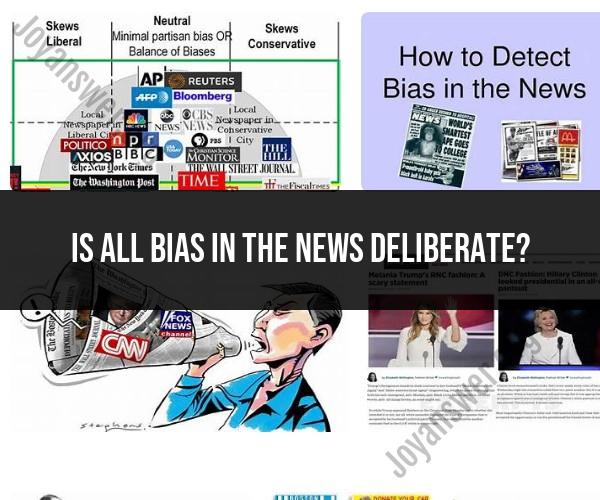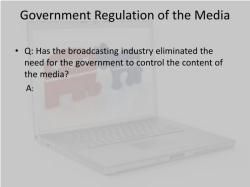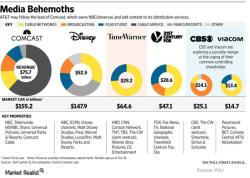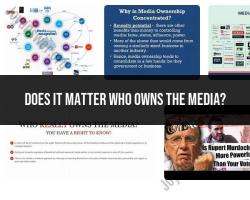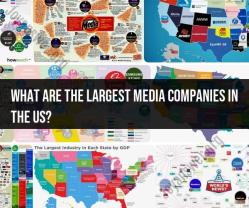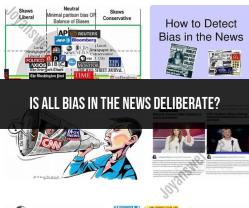Is all bias in the news deliberate?
Not all bias in news reporting is deliberate. Bias in news reporting can result from a combination of factors, some of which may be unintentional. It's important to differentiate between intentional or deliberate bias and unintentional bias:
Deliberate Bias: This type of bias occurs when journalists, news outlets, or reporters intentionally present news in a way that favors a particular political or ideological perspective, individual or group, or agenda. Deliberate bias can be motivated by various factors, including personal beliefs, editorial decisions, or financial interests. It involves a conscious effort to slant or manipulate the news in a specific direction.
Unintentional Bias: Unintentional bias, also known as implicit bias or unconscious bias, occurs when journalists, reporters, or news organizations inadvertently introduce bias into their reporting due to cognitive or systemic factors. This can include subtle language choices, framing, story selection, or reliance on certain sources that unintentionally favor one perspective over others. Unintentional bias is often a result of cognitive biases that affect decision-making without conscious awareness.
Examples of unintentional bias might include:
- Using emotionally charged language that inadvertently conveys a biased tone.
- Relying heavily on one source or perspective without providing adequate balance.
- Framing a story in a way that emphasizes certain aspects while downplaying others, leading to a skewed presentation.
- Failing to fact-check or verify information thoroughly, leading to the dissemination of inaccurate or misleading content.
It's important to recognize that bias, whether deliberate or unintentional, can undermine the principles of objective and unbiased journalism. Journalists and news organizations strive to maintain credibility and trust by adhering to ethical standards and guidelines that promote fairness, accuracy, and impartiality in reporting.
Readers and consumers of news can play a role in identifying and addressing bias by critically evaluating news sources, seeking diverse perspectives, and holding media outlets accountable for their reporting practices. Media literacy and critical thinking skills are valuable tools in recognizing and addressing bias in news reporting.
Bias in News Reporting: Uncovering the Factors and Motivations
News bias is the tendency of news media to present information in a way that favors or prejudices a particular point of view. It can be intentional or unintentional, and it can be caused by a variety of factors, including:
- The journalist's personal beliefs: Journalists are human beings with their own personal beliefs and biases. It is impossible for them to completely eliminate their biases from their work, but they should strive to be as objective as possible.
- The news organization's editorial stance: News organizations often have an editorial stance, which is a set of beliefs and values that guide their reporting. This editorial stance can influence the way that news stories are covered.
- The news organization's financial interests: News organizations are businesses, and they need to make money in order to survive. This can lead to conflicts of interest, as news organizations may be less likely to report on stories that could harm their advertisers or sponsors.
- The pressure to produce "clickbait" headlines: In today's digital media landscape, news organizations are under pressure to produce headlines that will grab people's attention and drive traffic to their websites. This can lead to headlines that are sensationalized or misleading.
Deliberate or Unconscious? Exploring Bias in Journalism
News bias can be deliberate or unconscious. Deliberate bias is when a journalist or news organization intentionally presents information in a way that favors or prejudices a particular point of view. Unconscious bias is when a journalist or news organization presents information in a way that is biased without realizing it.
Unconscious bias is often caused by the journalist's or news organization's personal beliefs and biases. It can also be caused by the news organization's editorial stance or its financial interests.
The Complex Landscape of News Bias: What You Need to Know
News bias is a complex issue, and there is no easy solution. However, it is important to be aware of the factors that can contribute to bias and to be critical of the news that you consume.
Here are some tips for being a more critical consumer of news:
- Get your news from a variety of sources. Don't rely on just one news source. Instead, get your news from a variety of sources with different editorial stances. This will help you to get a more balanced view of the news.
- Be critical of the headlines. Don't just read the headlines of news stories. Read the entire story to get a better understanding of the news and to make sure that the headline is accurate and fair.
- Pay attention to the sources. Pay attention to the sources that journalists use to support their claims. Are the sources credible? Are they biased?
- Be aware of your own biases. We all have our own biases. It is important to be aware of our biases so that we can avoid letting them influence our interpretation of the news.
News bias is a serious issue, but it is not insurmountable. By being aware of the factors that can contribute to bias and by being critical of the news that we consume, we can better understand the world around us and make informed decisions.
